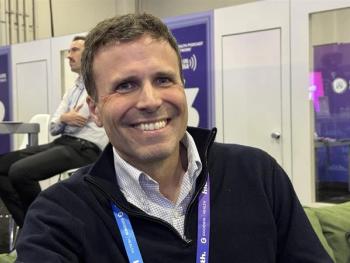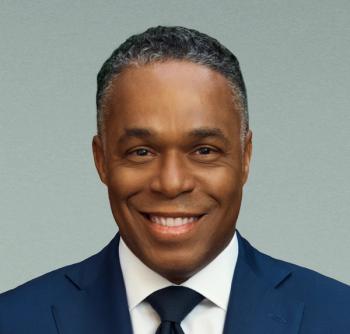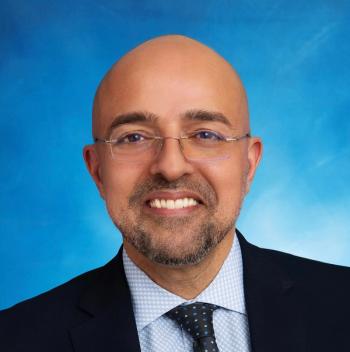
Courageous conversations: How speaking up will transform healthcare | Viewpoint
The healthcare community must engage in candid, difficult discussions to ensure all people receive quality care.
As part of the African American community, growing up I didn’t often see many people with authority or celebrity that I identified with, especially in healthcare.
As a community, finding those who understand our needs is imperative, especially due to a lack of trust in the healthcare industry. While we’ve made progress toward inclusivity and diversity in American culture, representation in healthcare still leaves much to be desired.
According to the
What’s more, until recently, about 75% of the skin tones represented in medical textbooks were “light” and only about 5% were “dark,” according to a
A healthcare provider doesn’t have to be Black or African American to provide quality, culturally accurate care to patients of color. The key characteristic of a healthcare provider is empathy – someone who takes time to get to know their patients’ health history to make sound medical decisions. However,
When people don’t see themselves reflected in the clinic, they’re less likely to seek the diagnosis and treatment they need. As a result, the CDC
Genetics, environment, and systemic issues contribute to health disparities. So, how do we change a system built for the majority?
Having experienced healthcare inequities firsthand, I believe closing the health equity gap must start in the classroom through inclusive educational materials, cultural competency, and helping students overcome their own unconscious biases. Change starts with the healthcare community having courageous conversations about what must change within the industry to ensure all people receive quality care.
The challenges of Courageous Conversations in healthcare
Conversations about diversity, equity, and inclusion (DEI) and health equity are challenging because they’re uncomfortable. We’re afraid to say the wrong thing, of being perceived as unprofessional, or of damaging relationships.
But frankly, the discomfort we dread helps us make progress. Michelle Obama said, “History has shown us that courage can be contagious, and hope can take on a life of its own.” When we work through our unease, we push ourselves to challenge our perspectives, and create inclusive spaces for others to do the same.
To train the next generation of culturally competent healthcare professionals, educators and employers must broach tough topics like stereotypes, unconscious bias, and microaggressions. They can do this by giving people the psychological safety to show up as themselves, ask questions, and voice unique points of view without retaliation.
The benefits of Courageous Conversations in healthcare
Studies show when companies discuss DEI and demonstrate a commitment to social responsibility, it
According to
How to encourage Courageous Conversations in healthcare
It’s taken me a long time to feel comfortable having courageous conversations, and even now, they still make me nervous. I have seen many healthcare leaders stay quiet because they fear making a mistake. This causes more harm than good and often makes minority groups feel invisible. The best way to overcome this fear is to start talking.
Start having courageous conversations today. Let’s work together to close the health equity gap so underserved, and minority populations gain access to the best care experience possible.
Let’s start teaching and exposing healthcare students to a more inclusive approach to medical care and start talking to each other about DEI and health equity initiatives, so we can transform the healthcare industry and create equitable care for all.
Kevonne Holloway is managing director of global content partners at Elsevier.







































